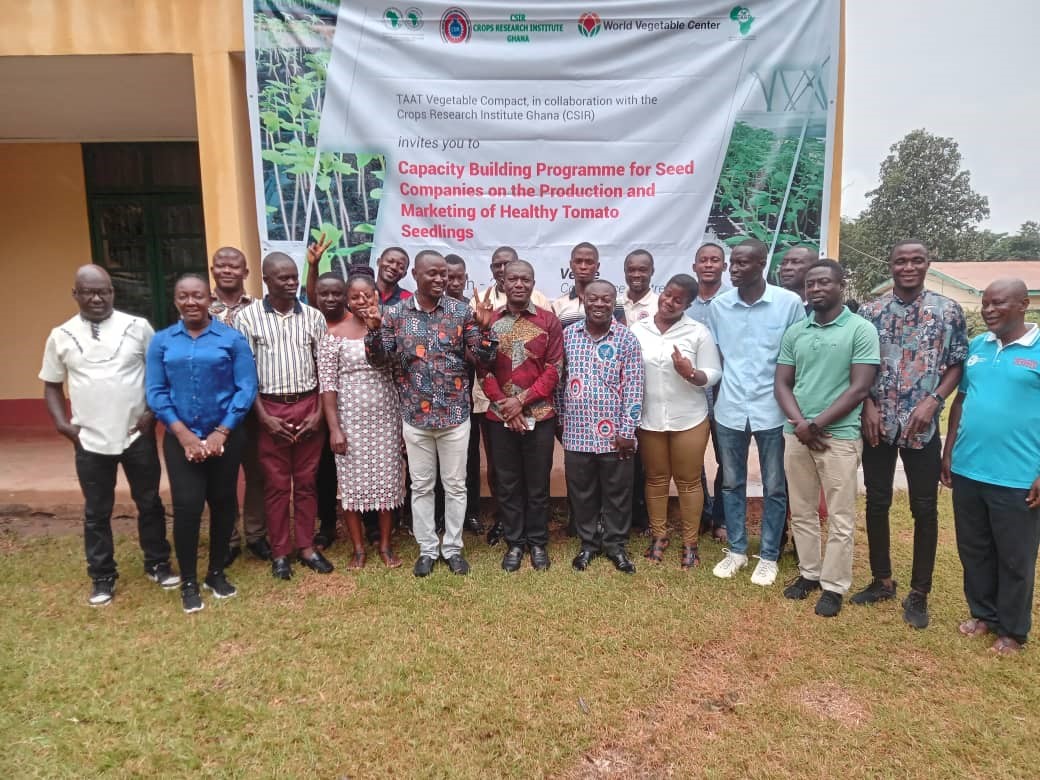CSIR-CRI TRAINS SEED COMPANIES ON THE PRODUCTION AND MARKETING OF HEALTHY TOMATO SEEDLINGS
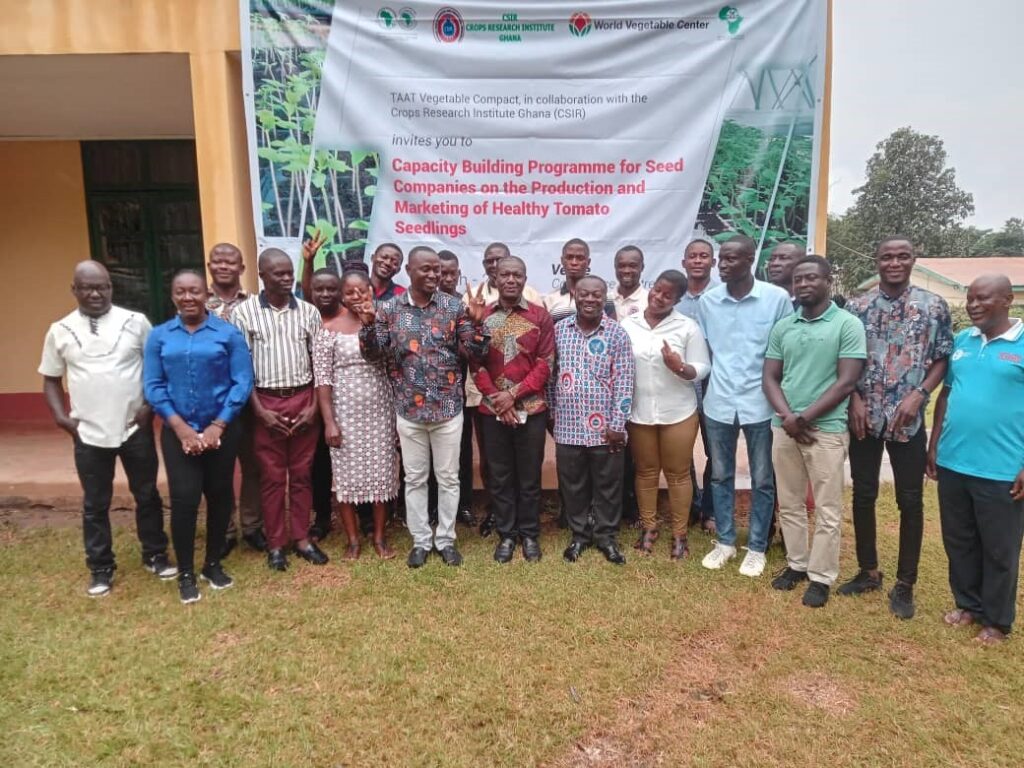
The CSIR-Crops Research Institute (CRI) recently organized a three-day capacity-building workshop aimed at improving agricultural productivity and enhancing the livelihoods of farmers. The workshop, held under the Technology for African Agriculture Transformation Phase Two (TAAT II) project, focused on training participants in the production and marketing of healthy tomato seedlings as well as grafting techniques. The TAAT II project is funded by the African Development Bank (AfDB) through The World Vegetable Center (World Veg) and seeks to help farmers adopt and scale up available agricultural technologies to boost productivity, both in Ghana and across the West African sub-region.
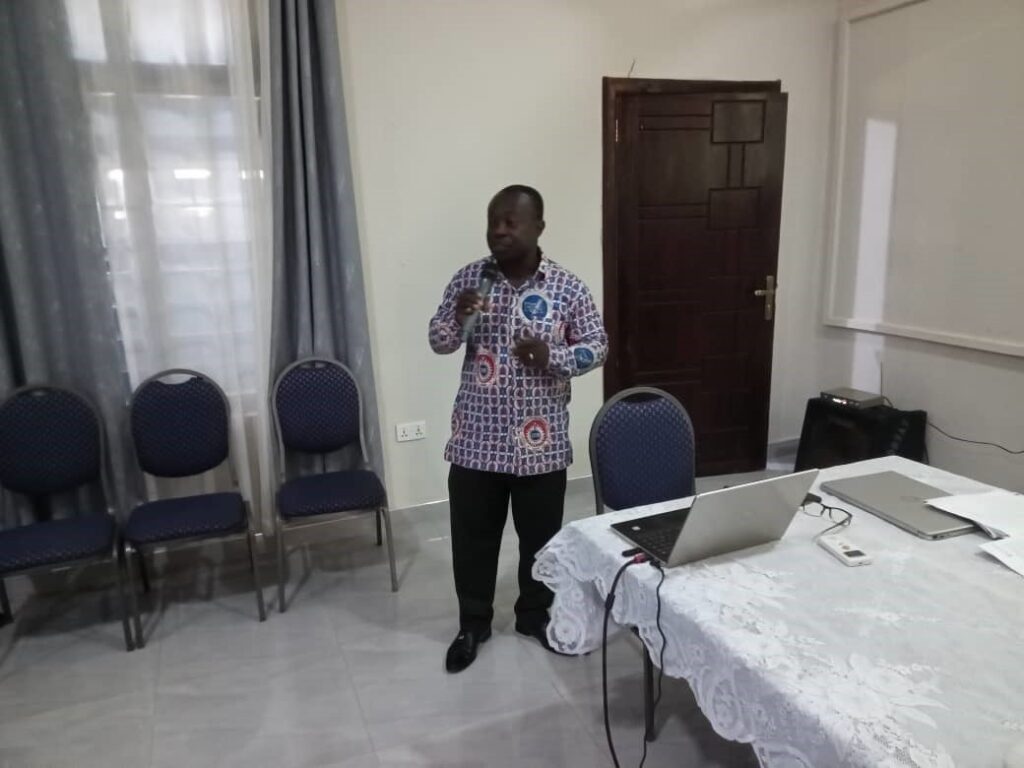
The event attracted over 40 participants from various regions of the country, including seed producers, farmers, and agricultural professionals. These participants were trained in advanced techniques for growing high-quality tomato seedlings and the best practices for marketing them coupled with grafting techniques for tomato. The workshop also emphasized the use of drought-tolerant and disease-resistant tomato varieties as part of climate smart techniques or package to address the challenges posed by climate change.
In his opening remarks, Dr. Michael Kwabena Osei, the project lead for TAAT II, stressed the importance of producing drought-tolerant and disease resistant tomato seedlings. He noted that the adoption of such seedlings could significantly improve the livelihoods of farmers by ensuring higher yields even in adverse weather conditions. Dr. Osei encouraged seed producers to educate farmers about these new tomato varieties, which mature faster, are more tolerant to drought, and produce better quality fruit.
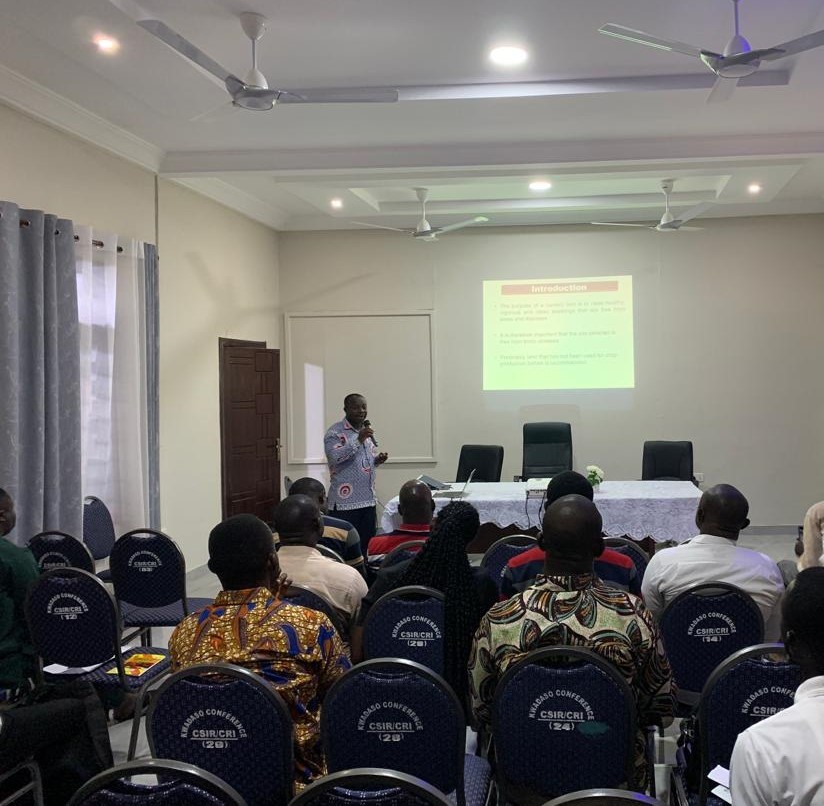
Dr. Ernest Baafi, Acting Director of CSIR-CRI and the chair of the event, emphasized the need for stronger collaboration between research scientists and seed producers to meet the increasing demand for tomatoes in the country. He expressed concern over the unpredictable rainfall patterns this season, particularly in northern Ghana, which is a key vegetable-producing region. “The rains have let us down this year, especially in the Northern part of the country, where we source most of our tomatoes and other vegetables. As researchers and seed producers, we must equip ourselves with the skills and tools necessary to tackle the challenges posed by climate change,” he said. Dr. Baafi reaffirmed CSIR-CRI’s commitment to supporting farmers and disseminating technologies that would improve agricultural outcomes.
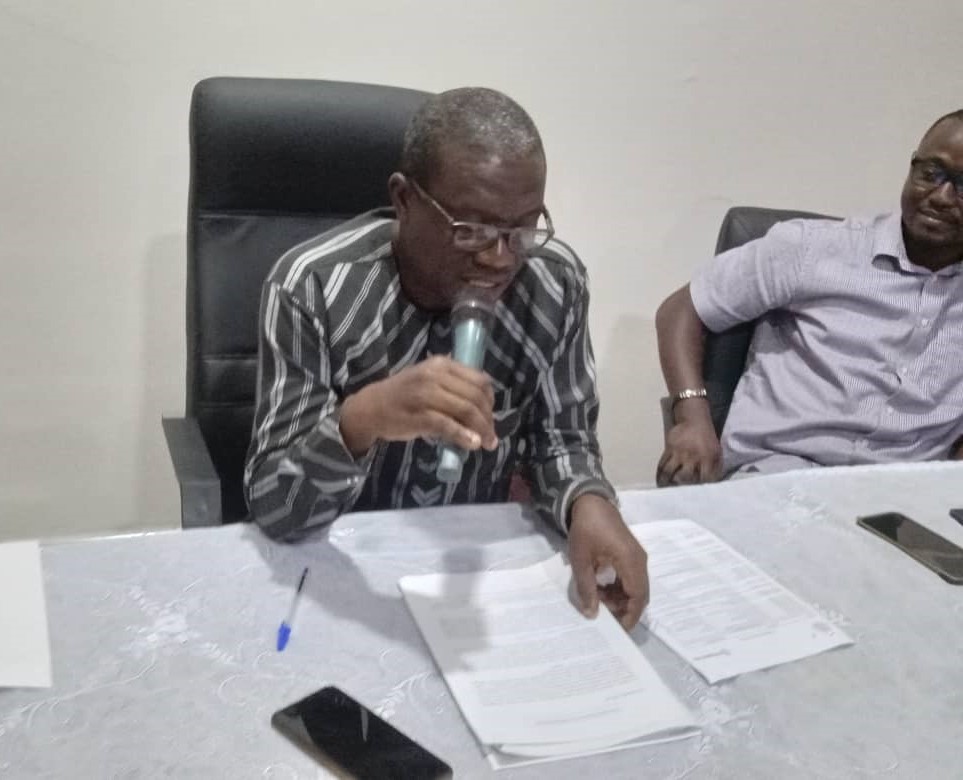
Paul Zaato, a Research Associate from World Veg, praised the efforts of CSIR-CRI and Dr. Osei for organizing the workshop. He emphasized the critical role that nursery management plays in the success of seedling production. “If you fail at the nursery stage, the entire production process is compromised, and your efforts will go to waste,” Zaato explained. He urged participants to adopt the new technologies introduced during the workshop and work together to boost productivity and sustain their livelihoods.
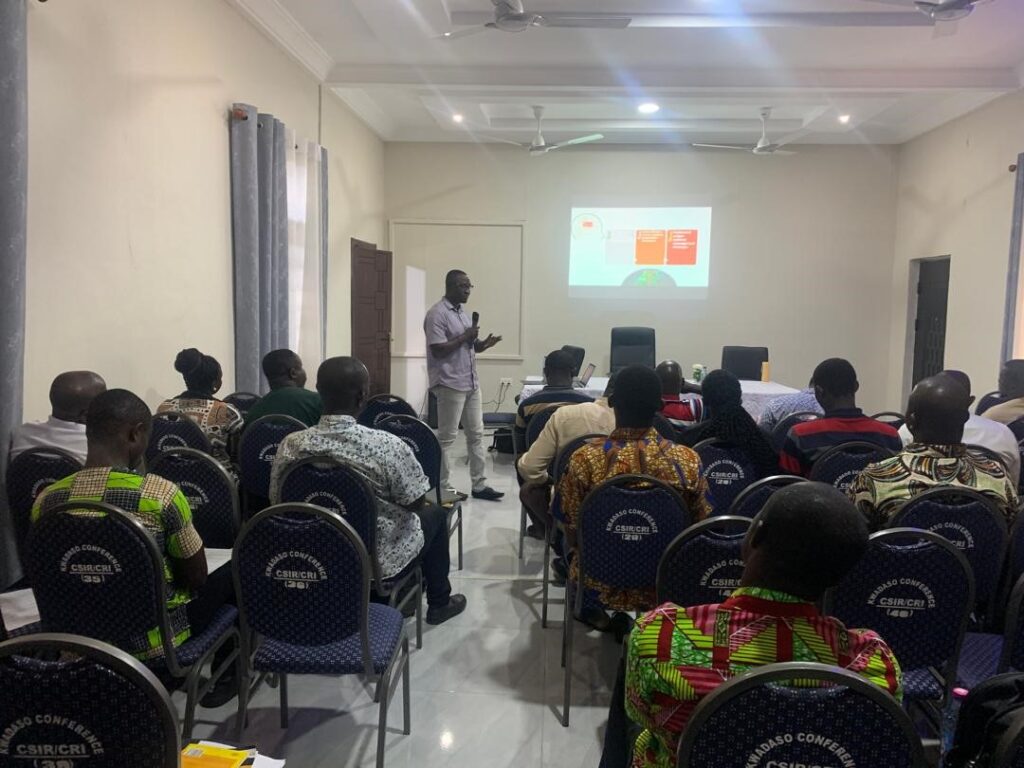
The workshop featured presentations by research scientists and other experts who shared their knowledge on a variety of important topics. These included seed selection and handling, vegetable nursery management, soil testing for nutrient availability, and pest and disease management in vegetable production especially tomato. Attendees also learned marketing strategies to effectively sell their healthy seedlings and grafting techniques. The workshop included practical sessions at the CSIR-CRI’s screenhouse and field facilities, where participants applied the techniques they had learned in a hands-on environment.
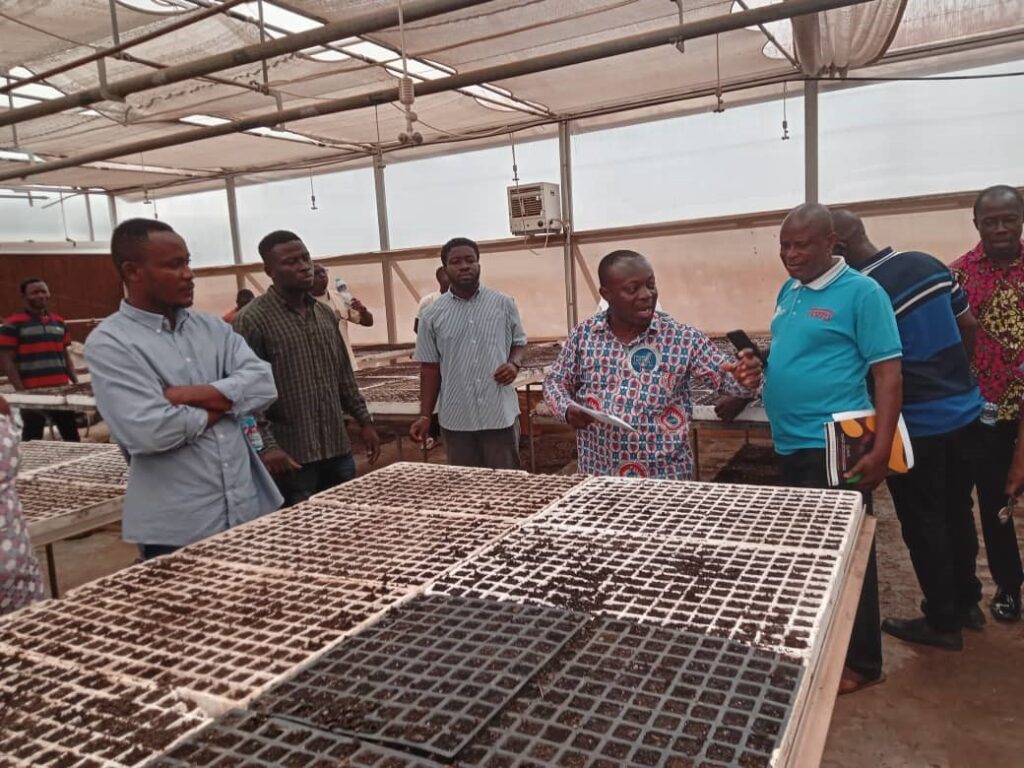
Through a combination of lectures, teamwork, and discussions, the three-day workshop raised awareness about the pivotal role that quality seeds play in agricultural production. It also provided participants with the knowledge and skills needed to grow and market healthy vegetable seedlings, equipping them to better meet the demands of both local and regional markets.
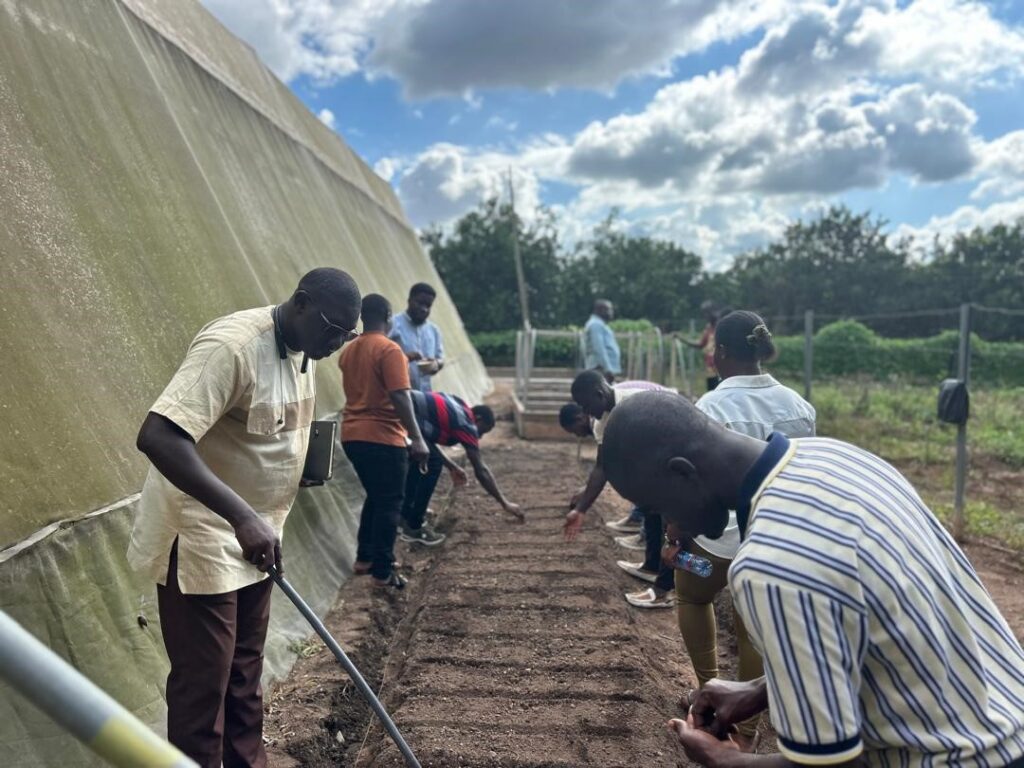
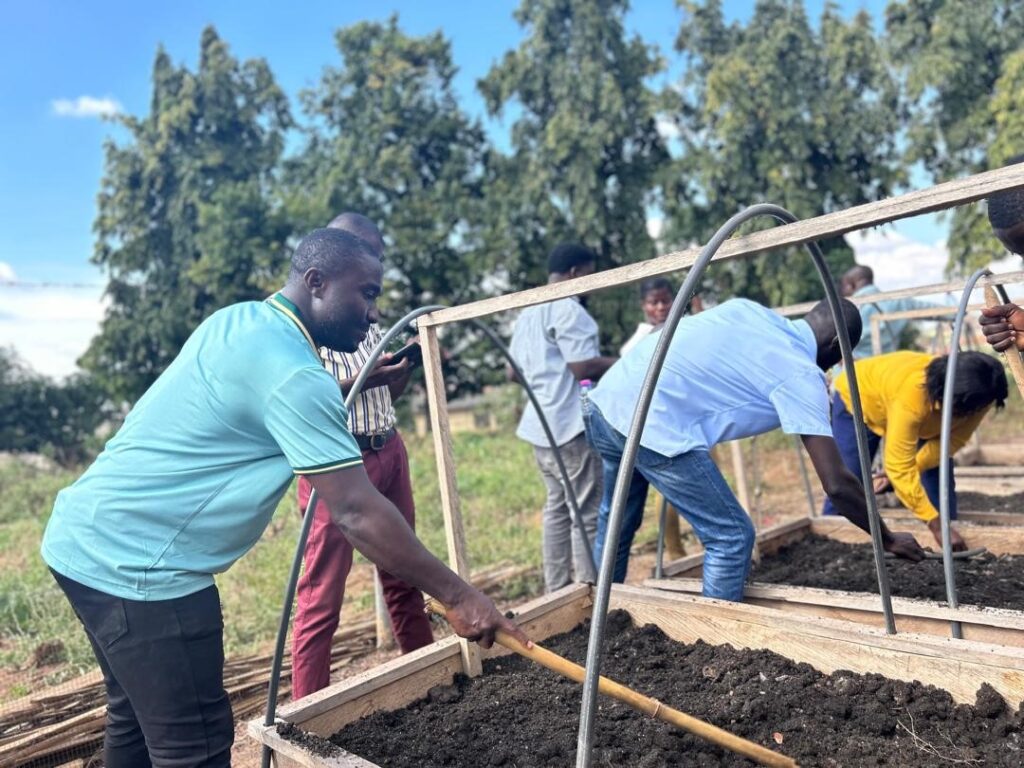
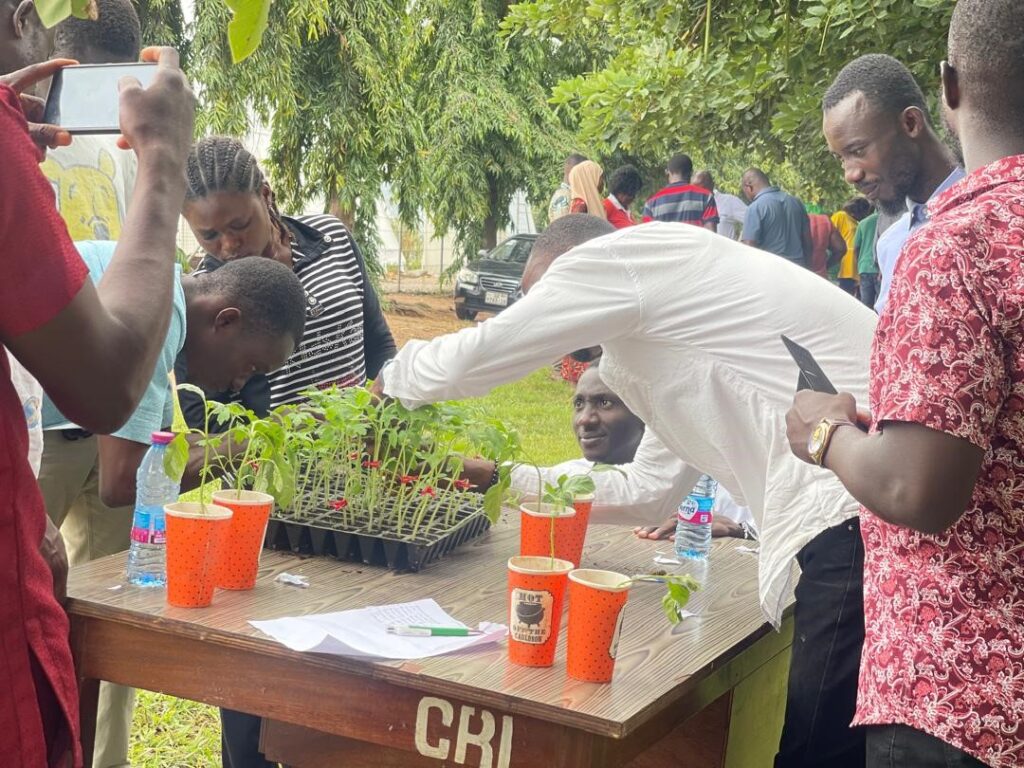
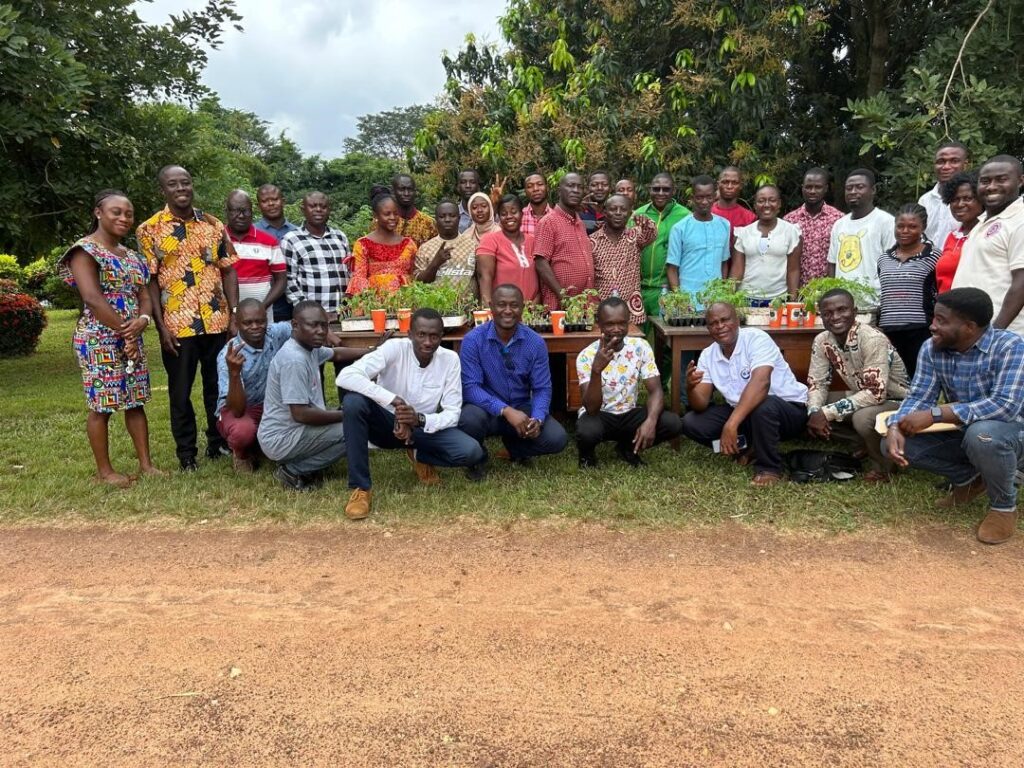
Authors: Dennis Gyasi Boakye, Dr. Michael K. Osei, Enoch Bobie Agyemang, Bernard Sakyiamah

